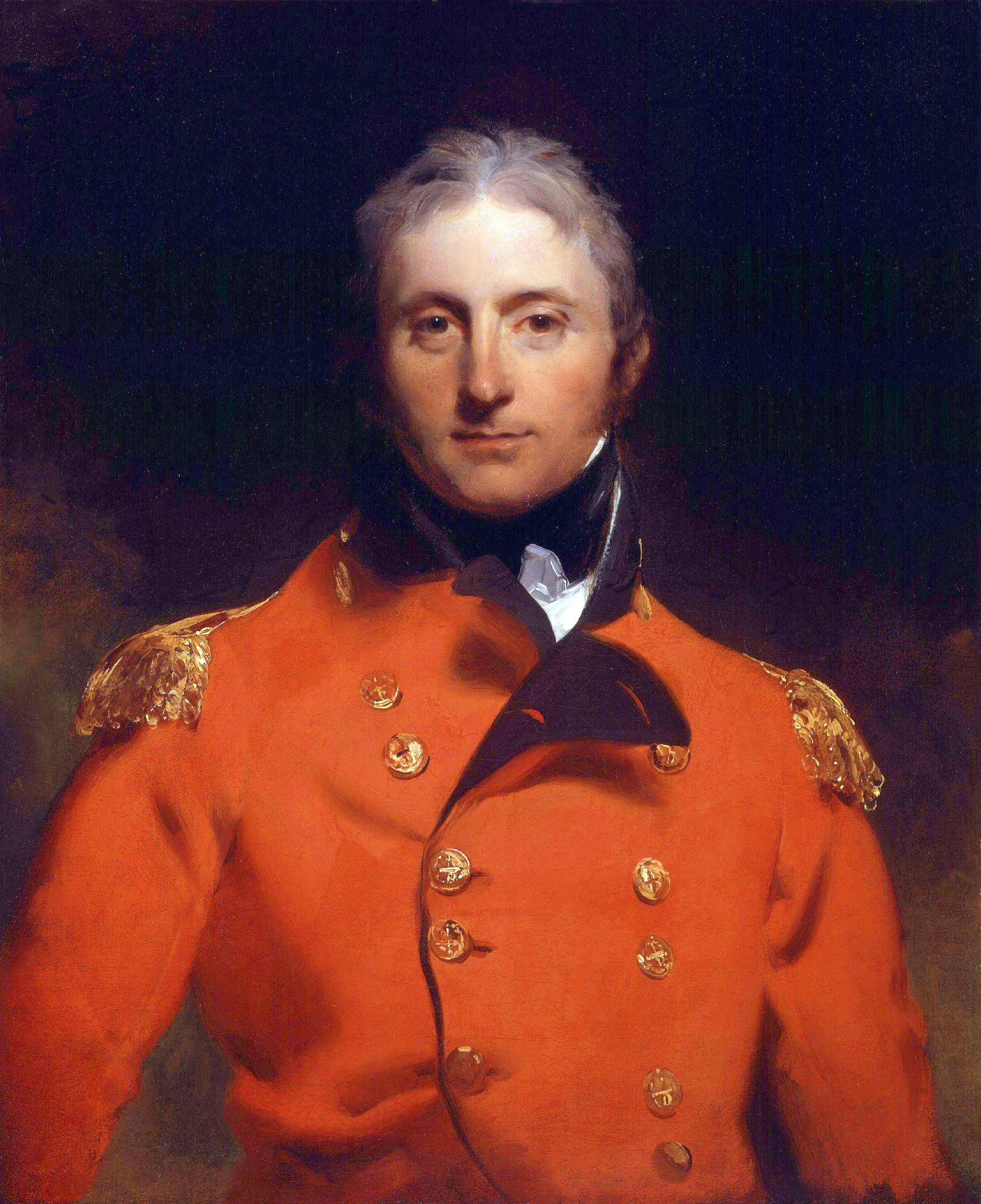
John Moore (British Army officer)
Lieutenant-General Sir John Moore KB (13 November 1761 – 16 January 1809), also known as Moore of Corunna, was a senior British Army officer. He is best known for his military training reforms and for his death at the Battle of Corunna, in which he repulsed[1] a French army under Marshal Soult during the Peninsular War.
Not to be confused with John Moore of Ipswich.
John Moore
13 November 1761
Glasgow, Scotland
16 January 1809 (aged 47)
A Coruña, Province of A Coruña, Spain
United Kingdom
1776–1809 (DOW)
Lieutenant-General
Whig MP for Lanark Burghs
After the war General Sarrazin wrote a French history of the battle, in which he said: "Whatever Bonaparte may assert, Soult was most certainly repulsed at Corunna; and the British gained a defensive victory, though dearly purchased with the loss of their brave general Moore, who was alike distinguished for his private virtues, and his military talents."[a]
Early years[edit]
John Moore was born in Glasgow, the son of John Moore, a doctor and writer, and the older brother of Admiral Sir Graham Moore. He attended Glasgow High School, but at the age of 11 joined his father and Douglas, the young 16-year-old 8th Duke of Hamilton (1756–1799), his father's pupil, on a grand tour of France, Italy and Germany. This included a two-year stay in Geneva, where Moore's education continued.[3]
Moore and military training[edit]
In 1799, he commanded a brigade in the Helder Expedition, with the campaign failing after the British and Russian forces failed to overcome entrenched Dutch defenders. Moore himself was seriously injured in the action. He recovered to lead the 52nd regiment during the British campaign in Egypt against the French, having become colonel of that regiment in 1801 on the death of General Cyrus Trapaud.[9]
He returned to Great Britain in 1803 to command a brigade at Shorncliffe Army Camp near Folkestone, where he established the innovative system of drill and manoeuvre.[9] Sir Arthur Bryant wrote: "Moore's contribution to the British Army was not only that matchless Light Infantry who have ever since enshrined his training, but also the belief that the perfect soldier can only be made by evoking all that is finest in man – physical, mental and spiritual."[10]
War with France 1803–1808[edit]
When it became clear that Napoleon was planning an invasion of Britain, Moore was put in charge of the defence of the coast from Dover to Dungeness. It was on his initiative that the Martello Towers were constructed (complementing the already constructed Shorncliffe Redoubt), following a pattern he had been impressed with in Corsica, where the Torra di Mortella, at Mortella Point, had offered a stout resistance to British land and sea forces. He also initiated the cutting of the Royal Military Canal in Kent and Sussex, and recruited about 340,000 volunteers to a militia that would have defended the lines of the South Downs if an invading force had broken through the regular army defences. In 1804, Moore was made a Knight Companion of the Bath[11] and, in 1805, he was promoted to Lieutenant-General.[9]
In 1806, he returned to active duty in the Mediterranean and then in 1808 in the Baltic with Edward Paget to assist the Swedish. Disagreements with Gustavus IV soon led to his being sent home where he was ordered to Portugal in July 1808.[12]